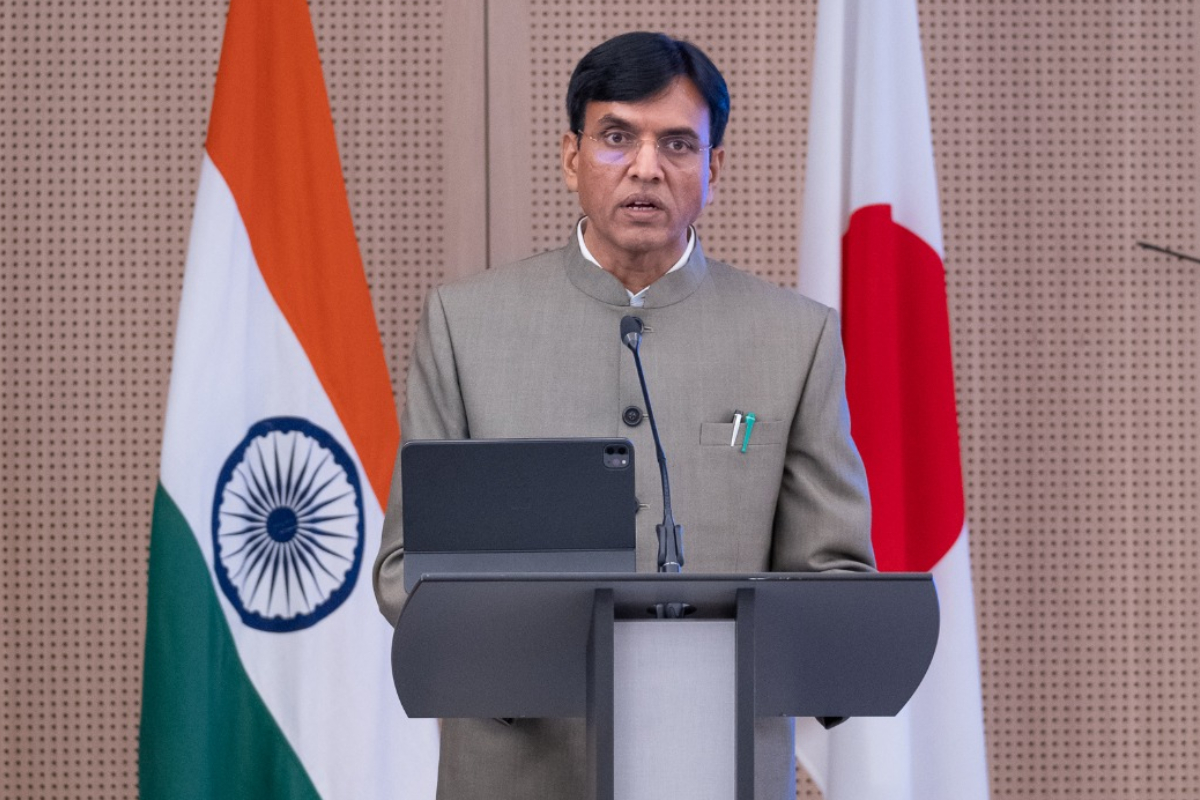NEW DELHI: Union Health minister Dr Mansukh Mandaviya said on Thursday, May 25, that India has developed its own mechanism for estimating its TB burden.
Addressing the 76th World Health Assembly in Geneva, Dr Mandaviya said, “India is the only country in the world to have developed its own mechanism for estimating its TB burden.”
By employing a mathematical model based on local evidence, India can now determine the true burden of the disease well ahead of the annual World Health Organisation report, he stated.
At the Quad Plus side event, Dr Mandaviya also spoke about India’s target to eliminate tuberculosis five years before the global goal. “India is striving to eliminate TB from the country by 2025, five years ahead of the global Sustainable Development Goal,” he said.
The Union Health minister emphasised India’s 13 per cent reduction in TB cases from 2015 to 2022, which surpassed the global reduction rate of 10 per cent.
“Simultaneously, there has been a decrease in TB mortality in India by 15 per cent compared to the global reduction rate of 5.9 per cent,” he added.
Dr Mandaviya also spoke about Pradhan Mantri TB Mukt Bharat Abhiyan (PMTBMBA) which aims to support TB patients throughout their treatment journey. “Ni-kshay Poshan Yojana provides monthly nutritional support to over 75 lakh people undergoing TB treatment through Direct Benefit Transfer,” he added.
The world needs to work together to develop an effective vaccine against COVID-19, Dr Mandaviya reiterated at the global health assembly.
The Union Minister of Health congratulated Nísia Trindade Lima, Minister of Health, Brazil, on the upcoming G20 presidency as well as agreeing to participate in future endeavours pertaining to health workforce capacity building, disease surveillance, TB eradication, AMR and traditional medicine.
Dr Mandaviya also conducted bilateral meetings with the Health Ministers of Bangladesh, Iran, Innovators, Venezuela and Argentina exploring areas of collaboration in fortifying healthcare systems and enhancing capacities for disease surveillance, eradication of tuberculosis, antimicrobial resistance and capacity building, amongst other domains.
Tuberculosis is caused by a bacterium known as Mycobacterium Tuberculosis. Most often, it affects the lungs. The disease can easily spread from the infected person’s cough droplets; which makes it a highly infectious disease. If not treated on time, TB can even result in death.
Low immunity is regarded as one of the common reasons why TB infection breaks into TB disease. People suffering from HIV, stress, diabetes and damaged lung conditions, as well as alcoholics and smokers whose general health condition is poor, also have the possibility of getting the disease. At this stage, they start showing symptoms.
In 2021, the national capital emerged as having the highest TB case notification rate in India, with over 534 cases per 100,000 people.

